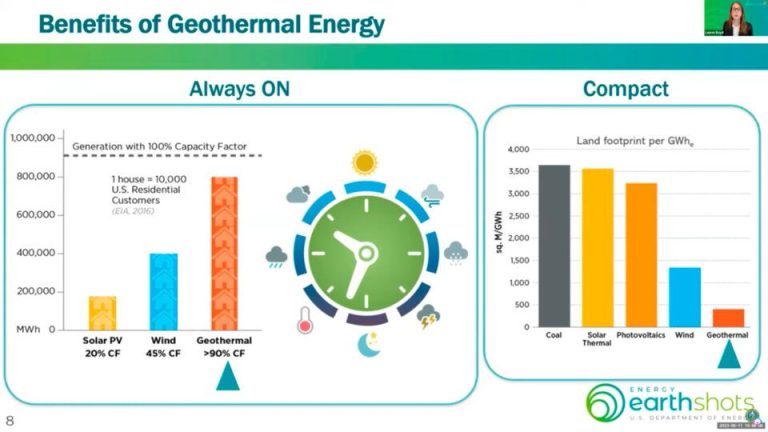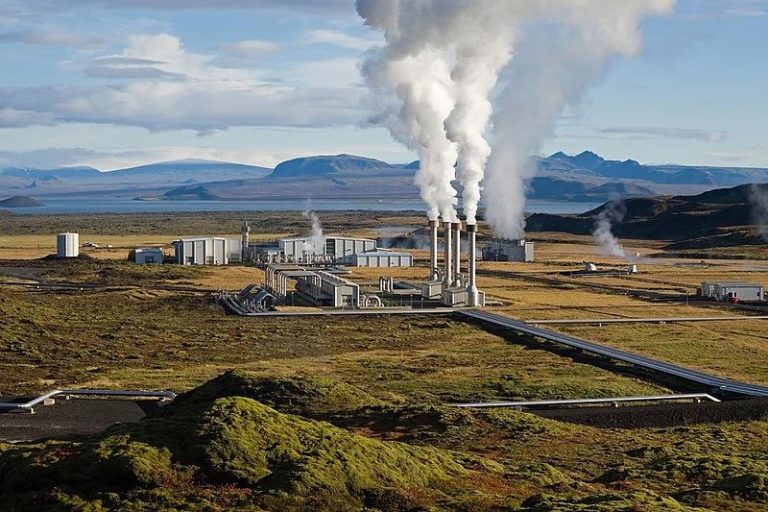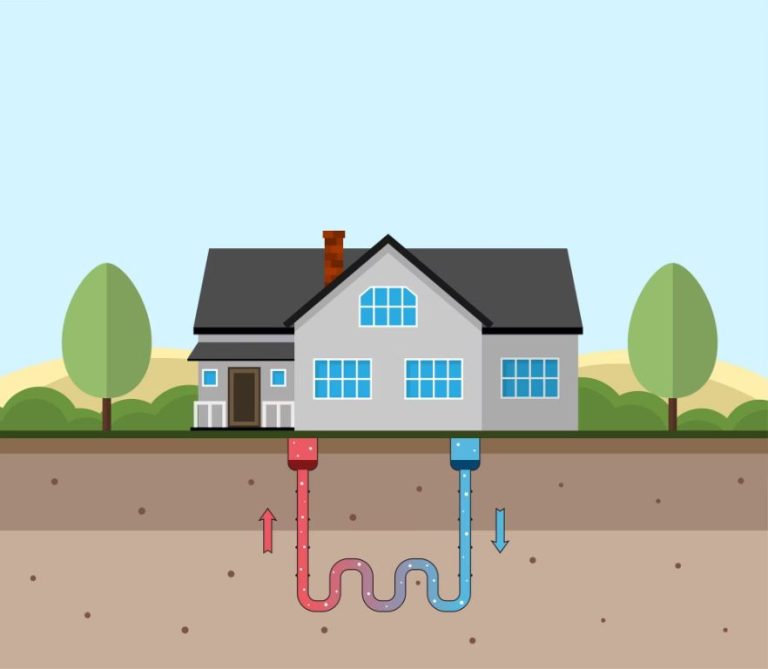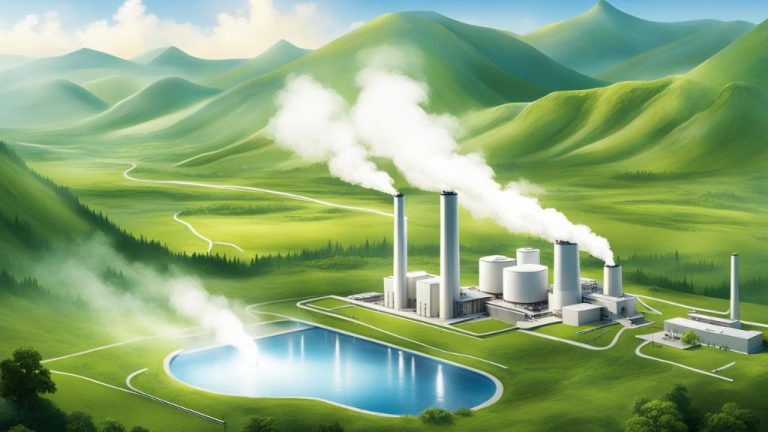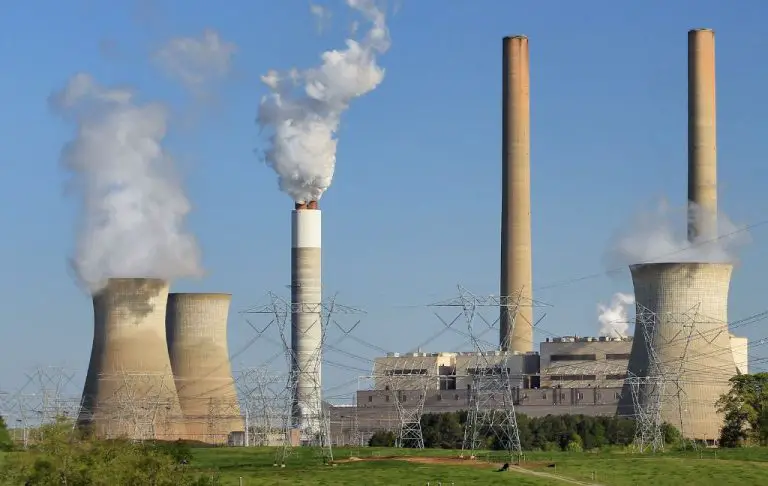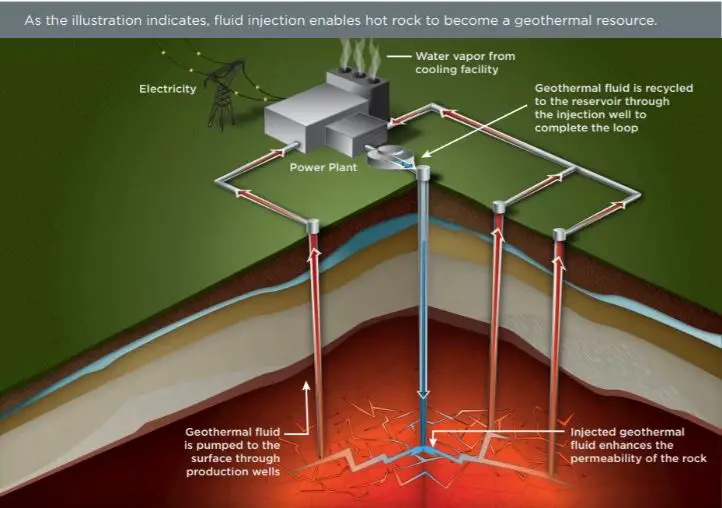What Is The Job Outlook For A Geothermal Technician?
What is a Geothermal Technician?
A geothermal technician is a skilled tradesperson who works to build, maintain, and repair geothermal energy systems. Geothermal energy utilizes the natural warmth inside the earth to generate heat and electricity in a clean and sustainable way. Geothermal technicians are responsible for installing, inspecting, and servicing geothermal heat pumps and power generation stations.
The main job responsibilities of a geothermal technician include:
- Installing geothermal heat pumps and connecting them to buildings’ HVAC systems
- Assembling and maintaining piping systems for geothermal heat exchange
- Repairing and replacing worn or malfunctioning system components
- Performing preventive maintenance and routine inspections on geothermal systems
- Monitoring system performance and troubleshooting issues
- Advising clients on optimal geothermal system selection and placement
- Ensuring compliance with codes, regulations, and safety standards
- Keeping detailed records of work performed and system status
Geothermal Energy Overview
Geothermal energy is thermal energy generated and stored in the Earth. It is a clean, renewable source of energy that utilizes the Earth’s natural heat from within the crust to produce electricity and provide heating and cooling. The high temperatures found deep beneath the surface of the Earth are a result of heat from the original formation of the planet, heat produced by the radioactive decay of minerals, and heat continuously generated by the slow decay of radioactive elements found within the rock and mantle.
There are three main types of geothermal energy resources that can be utilized: hydrothermal resources, which contain hot water or steam; geopressured resources, which contain hot water or steam mixed with methane gas under high pressure; and hot dry rock, which does not have enough natural water or steam and requires water to be injected to extract heat. Each type can be used for different applications like power generation, direct heating, or geothermal heat pumps.
Geothermal energy is considered a renewable resource because the water is replenished by rainfall, and the heat is continuously produced within the Earth. The use of geothermal energy also produces very low emissions since no fuels are combusted. With proper resource management, geothermal energy can provide clean reliable power indefinitely.
Geothermal Industry Growth
The geothermal energy industry has seen steady growth over the past decade as countries around the world look to tap into this clean, renewable energy source. Geothermal energy capacity reached about 16 gigawatts globally in 2020, up from around 11 gigawatts in 2010. The geothermal market is projected to grow at a compound annual growth rate of over 5% from 2021 to 2028, reaching nearly 27 gigawatts of installed capacity by 2028.
This continued growth can be attributed to several key factors. First, geothermal energy offers a stable baseload power source, meaning it can provide constant energy output unlike intermittent sources like wind and solar. This makes geothermal power attractive for grid reliability. Second, geothermal has a small land footprint, requiring less space than solar or wind farms. Third, technological advances are making geothermal more cost-competitive with conventional power. Finally, government incentives and mandates for renewable energy are driving geothermal growth in many countries.
As more geothermal plants come online in the coming decade, there will be increased demand for skilled geothermal technicians to support site development, operation, and maintenance. The industry’s steady growth trajectory points to strong job prospects for qualified geothermal technicians.
Geothermal Technician Demand
The demand for geothermal technicians is rapidly increasing as geothermal energy continues to grow in popularity. According to the Solar Energy Industries Association (SEIA), the number of geothermal sector jobs is projected to rise 5% in 2022.
The U.S. Bureau of Labor Statistics (BLS) also predicts strong growth for geothermal technicians, estimating a 26% increase in employment from 2020 to 2030. This is over 4 times faster than the average growth rate for all occupations.
Several factors are driving the need for more geothermal technicians:
- Expanding capacity of geothermal power plants and direct use installations
- Retrofitting and upgrading older geothermal systems
- Developing enhanced geothermal systems (EGS)
- Drilling more geothermal wells and reservoirs
- Constructing district heating systems and geoexchanges
- Incentives for renewable energy at federal and state levels
With geothermal energy playing a greater role in the nation’s energy mix, employers will continue seeking skilled geothermal technicians to install, maintain, and repair geothermal systems.
Geothermal Technician Salary
The average salary for a geothermal technician in the United States is $52,030 per year. However, salaries can vary depending on experience, education, certifications, and location.
Entry-level geothermal technicians with less than 1 year of experience can expect to earn between $30,000 – $45,000 annually. Those with 1-4 years of experience generally make between $40,000 – $60,000. Mid-career geothermal techs with 5-9 years of experience typically earn $50,000 – $75,000 per year. The most experienced geothermal technicians with over 10 years of experience can make over $70,000 annually.
Some of the top paying states for geothermal technicians are Hawaii, California, Oregon, Idaho, and Nevada. Large metropolitan areas and states with high geothermal energy use also tend to pay higher salaries. Additionally, geothermal technicians who obtain voluntary certifications such as those offered by the International Ground Source Heat Pump Association can boost their earning potential.
Geothermal Technician Education
To become a geothermal technician, you typically need a combination of education and on-the-job training. Many employers prefer applicants who have an associate’s degree or certificate in applied science or engineering technology. Some key areas of study include heat transfer, thermodynamics, fluid mechanics, drilling technology, and geology.
Some technician training programs have cooperative arrangements with employers. This allows students to gain hands-on experience. Apprenticeship programs for geothermal technicians are also common. These programs combine paid on-the-job training with classroom instruction.
Important skills for geothermal technicians include critical thinking, problem solving, mechanical aptitude, computer literacy, and communication. Ongoing training is important as geothermal technology continues to evolve. Most geothermal companies provide their technicians with regular professional development opportunities.
With experience, geothermal technicians can advance to supervisory positions or become system designers. Some even start their own geothermal contracting businesses. Many technicians choose to remain hands-on their entire careers. Their specialized skills continue to be in high demand as the industry expands.
Geothermal Technician Job Outlook
The job outlook for geothermal technicians is very strong due to rising demand for renewable energy sources like geothermal. According to the U.S. Bureau of Labor Statistics (BLS), employment for geothermal technicians is projected to grow 24% between 2020-2030, much faster than the average for all occupations. This equates to about 1,700 new geothermal technician jobs expected to be added over the decade.
Several factors are driving the robust job growth for geothermal technicians. As climate change concerns mount and more states and utilities adopt renewable portfolio standards, the demand for clean, sustainable geothermal power is rising. Also, tax credits and other incentives are making geothermal energy more cost competitive with conventional sources. This is leading to many new geothermal power plant constructions and retrofits of existing plants, boosting the need for qualified technicians to install, maintain, and repair these systems.
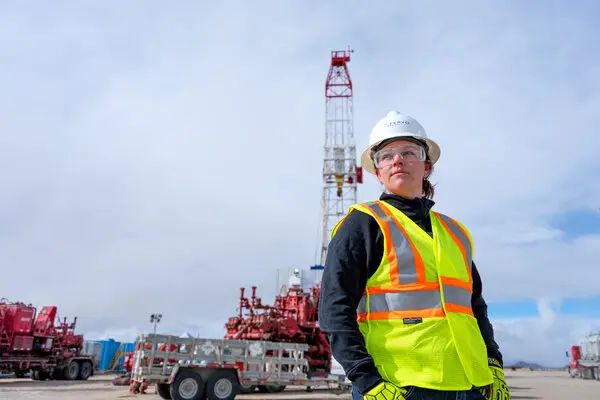
In addition to strong job growth, geothermal technician roles also have a relatively low voluntary turnover rate compared to some occupations according to BLS data. This is because geothermal technicians tend to find their work meaningful given the positive environmental impact. The high job satisfaction leads to better employee retention once trained. Together with the new job creation, this results in a quite favorable outlook for those entering the geothermal technician field.
Notable Employers
Some of the major employers for geothermal technicians include:
- Geothermal companies such as Ormat Technologies, GeoGlobal Energy, and Cyrq Energy, which design, develop, build, and operate geothermal power plants. They employ technicians for construction, operation, and maintenance.
- Large energy companies like Enel Green Power and Calpine Corporation that have significant geothermal energy divisions. They have geothermal plants and facilities needing skilled technicians.
- Drilling companies such as ThermaSource and Baker Hughes, which are contracted for geothermal well drilling and employ technicians during drilling projects.
- Engineering and consulting firms like Mannvit Engineering and GL Garrad Hassan that design and develop geothermal plants. They utilize technicians during design, construction, and operation.
- Government agencies including the Department of Energy, Bureau of Land Management, and U.S. Geothermal Survey, which have research facilities and demonstration plants employing some technicians.
In addition, many smaller geothermal developers, drilling contractors, engineering firms, and government agencies utilize geothermal technicians for their specialized expertise.
Career Advancement as a Geothermal Technician
Geothermal technicians have several options to advance their careers over time. With sufficient experience, geothermal technicians may have the opportunity to be promoted to lead technician or supervisor roles, managing teams and overseeing operations at geothermal plants.
Some geothermal technicians choose to specialize, becoming experts in one area like drilling, piping, or maintenance. This specialization allows them to command higher salaries and take on more complex projects.
Other advancement opportunities include moving into project management positions, where geothermal techs can help design and develop new geothermal plants. With additional education, some technicians transition into engineering roles focused on improving geothermal technology and systems.
The highest level of advancement is achieving certification as a master geothermal technician. This involves becoming an expert in all aspects of geothermal operations and maintenance. Master techs are highly valued for their versatility and extensive experience working with geothermal systems.
Overall, geothermal technicians have excellent prospects for pay raises, promotions, and career growth over time. Their specialized skills and experience in the growing geothermal industry make them highly valued for advancement opportunities within their organizations.
Job Satisfaction
Geothermal technicians tend to have high job satisfaction overall. Here are some of the key benefits and challenges:
Benefits
- Meaningful work in renewable energy – Geothermal technicians play an important role in harnessing clean, renewable geothermal energy and reducing dependence on fossil fuels. This can provide a strong sense of purpose.
- Good income – Geothermal technicians are generally well compensated, especially given that it only requires an associate’s degree or certificate program.
- In-demand career – With the growth of geothermal energy, qualified technicians are in high demand and have excellent job prospects.
- Varied work – Geothermal technicians get to split their time between outdoor field work at installations and maintenance work in workshops. This provides variety.
- Technical focus – Those who enjoy hands-on technical work are well-suited to this career.
Challenges
- Physically demanding – The job involves considerable physical labor, including lifting, carrying, climbing, and getting down into cramped spaces.
- Outdoor work – Technicians often have to work outdoors in all weather conditions, including extreme heat or cold.
- Remote locations – Many geothermal sites are in remote locations away from amenities.
- On call – Technicians may have to be on call or work irregular hours in case of an emergency shutdown or other critical issue.
- Safety risks – Working with high temperature water and steam under pressure carries inherent dangers if proper precautions aren’t taken.

